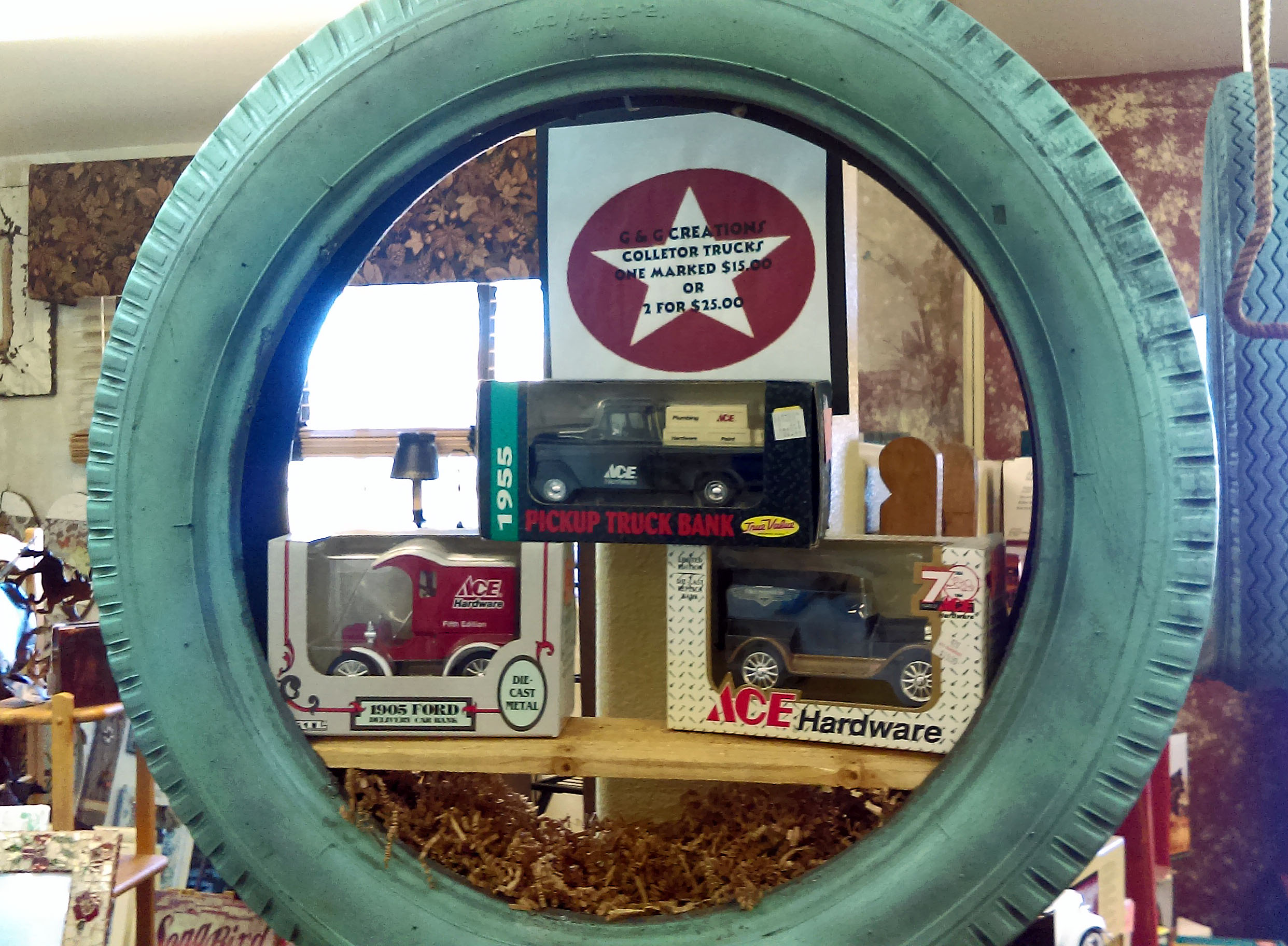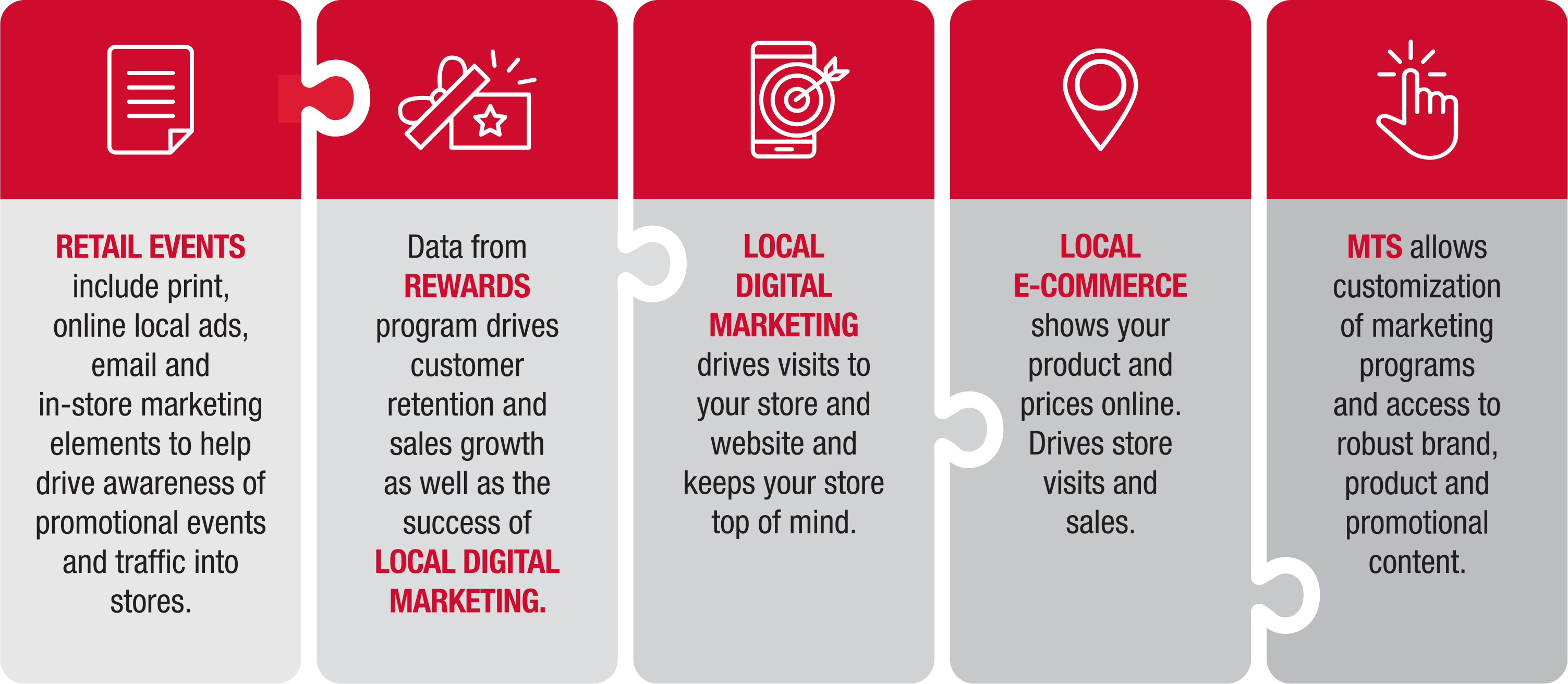Does Ace Own True Value? If you're here, chances are you've stumbled upon this question while diving deep into the world of retail giants and their subsidiaries. The debate surrounding whether Ace owns True Value is more than just a business inquiry—it’s a fascinating exploration of corporate structures, partnerships, and market dynamics. So, buckle up because we’re about to break it down for you in a way that’ll leave you both informed and entertained.
You might be wondering, “Why does this even matter?” Well, my friend, understanding who owns whom in the retail landscape can give you insights into how businesses operate, their strategies, and what it means for consumers like you. Whether you’re a homeowner looking for supplies or an investor curious about the retail industry, this topic has something for everyone.
Before we dive headfirst into the nitty-gritty, let me just say—this isn’t your typical boring article. We’re going to make it conversational, fun, and packed with valuable info. Think of me as your buddy over coffee, sharing some insider knowledge about the retail world. Now, without further ado, let’s get started!
- Amanda Balionis A Deep Dive Into Her Life And Kids
- Unveiling The Life Of Molly Noblitt A Journey Through Her Story
Table of Contents
- What Is Ace Hardware?
- What Is True Value?
- Does Ace Own True Value?
- A Brief History of These Retailers
- Market Competition and Partnership Dynamics
- Business Models Compared
- Future Outlook for Ace and True Value
- Why This Ownership Question Matters
- Expert Insights and Industry Analysis
- Conclusion: What’s Next?
What Is Ace Hardware?
Alright, first things first—let’s talk about Ace Hardware. If you haven’t heard of them by now, where have you been living? Ace is one of the largest hardware retailers in the world, known for its cooperative business model. Founded way back in 1924, Ace started as a small group of independent hardware store owners who decided to join forces to compete against bigger chains. And boy, did they succeed!
Today, Ace operates in over 50 countries, with thousands of stores under its umbrella. But here’s the kicker—they’re not just another corporate giant. Ace is actually a cooperative, meaning the stores are owned and operated by independent business owners who come together to share resources, branding, and purchasing power. It’s like a big happy family, but instead of Thanksgiving dinners, they focus on hammers and nails.
- Where Is Nichol Kessinger Now The Journey Of A Controversial Figure
- Understanding The Impact Of Aubreigh Wyatt Bullies
Key Facts About Ace Hardware
- Founded: 1924
- Headquarters: Oak Brook, Illinois
- Number of Stores: Over 5,300 worldwide
- Revenue: Approximately $7 billion annually
- Tagline: “Helpful Hardware People”
Now that we’ve covered Ace, let’s move on to the other player in this story…
What Is True Value?
True Value is another heavyweight in the hardware retail game. Established in 1945, True Value is also a cooperative, similar to Ace. However, their approach and market positioning differ slightly. True Value focuses heavily on empowering independent retailers, providing them with tools, resources, and support to thrive in a competitive market.
With over 4,500 stores globally, True Value has carved out a solid reputation for itself. Their slogan, “True Value. True People,” reflects their commitment to supporting local communities and small business owners. Unlike Ace, True Value tends to emphasize its role as a champion for independent retailers, often positioning itself as a more community-focused brand.
Key Facts About True Value
- Founded: 1945
- Headquarters: Chicago, Illinois
- Number of Stores: Over 4,500 worldwide
- Revenue: Approximately $3 billion annually
- Tagline: “True Value. True People.”
Does Ace Own True Value?
This is the million-dollar question, isn’t it? So, does Ace own True Value? The short answer is—nope. Ace Hardware and True Value are two separate entities, each operating independently within the retail space. While both are cooperatives and share some similarities, they are distinct organizations with their own leadership, strategies, and goals.
However, there have been rumors and speculations over the years about potential partnerships or mergers between the two. In fact, in 2015, there was talk of a possible deal where Ace might acquire True Value. But alas, nothing came of it, and both companies continue to operate separately.
Why the Confusion?
So, why do people keep asking if Ace owns True Value? Part of the confusion stems from the fact that both companies serve similar markets and operate under cooperative models. Additionally, both brands have a strong presence in the hardware retail sector, leading some to assume they might be connected. But nope, they’re just two big players in the same arena.
A Brief History of These Retailers
To truly understand the relationship—or lack thereof—between Ace and True Value, it’s helpful to look back at their histories. Both companies were born out of necessity, as small business owners sought ways to compete with larger chains.
Ace Hardware was founded during the Roaring Twenties, a time of rapid industrialization and economic growth. A group of hardware store owners in the Midwest decided to pool their resources to create a stronger, more competitive business. Fast forward to the post-war era, and True Value emerged as a response to the growing dominance of big-box retailers.
While both companies started with similar missions, their paths diverged over time. Ace focused on expanding globally and investing in technology, while True Value concentrated on supporting independent retailers and fostering community ties.
Market Competition and Partnership Dynamics
Now, let’s talk competition. Ace and True Value operate in a highly competitive market, facing challenges from giants like Home Depot and Lowe’s. Both companies have had to adapt and innovate to stay relevant in an ever-changing retail landscape.
Despite being competitors, Ace and True Value have occasionally collaborated on initiatives aimed at supporting independent retailers. For instance, they’ve worked together on advocacy efforts to promote fair trade practices and protect small businesses. It’s like they’re rivals on the field but teammates off it.
Key Competitors in the Hardware Retail Space
- Home Depot
- Lowe’s
- Menards
- Harbor Freight Tools
Business Models Compared
Let’s take a closer look at the business models of Ace and True Value. Both companies operate as cooperatives, but their approaches differ slightly. Ace focuses on leveraging technology and data analytics to enhance the customer experience, while True Value emphasizes personal relationships and community engagement.
Ace invests heavily in digital platforms, offering online ordering and mobile apps to streamline the shopping process. On the other hand, True Value prioritizes face-to-face interactions, encouraging its members to build strong connections with their local customers.
Strengths and Weaknesses
- Ace Strength: Strong global presence and tech-savvy approach
- Ace Weakness: Less emphasis on community involvement
- True Value Strength: Deep-rooted community ties and support for independents
- True Value Weakness: Limited global reach compared to Ace
Future Outlook for Ace and True Value
Looking ahead, both Ace and True Value face exciting opportunities and daunting challenges. The rise of e-commerce and changing consumer preferences mean both companies must continue to evolve to remain competitive.
Ace is likely to double down on its digital transformation efforts, investing in AI and machine learning to enhance customer experiences. Meanwhile, True Value may focus on expanding its footprint in emerging markets and strengthening its community-focused initiatives.
Predictions for the Next Decade
- Increased adoption of smart home technologies
- More emphasis on sustainability and eco-friendly products
- Further blurring of lines between online and offline retail
Why This Ownership Question Matters
So, why does the question of whether Ace owns True Value matter? For one, it highlights the complex dynamics of the retail industry. Understanding the relationships between major players can help consumers make informed decisions and give investors valuable insights.
Moreover, it underscores the importance of supporting independent businesses. Both Ace and True Value play crucial roles in empowering small retailers, ensuring they can compete in a world dominated by corporate giants.
Expert Insights and Industry Analysis
According to retail experts, the hardware industry is poised for significant growth in the coming years. A report by Statista predicts that the global hardware market will reach $800 billion by 2025. This growth will be driven by increasing urbanization, rising home improvement trends, and advancements in technology.
Industry analysts also note that cooperatives like Ace and True Value offer unique advantages in terms of flexibility and adaptability. Their member-driven structures allow them to quickly respond to market changes and customer needs.
Conclusion: What’s Next?
There you have it—a deep dive into the world of Ace Hardware and True Value. Does Ace own True Value? Nope, but that doesn’t mean they don’t have a fascinating relationship. Both companies play vital roles in the retail landscape, offering unique value propositions to their customers and members.
As the industry continues to evolve, one thing is certain—both Ace and True Value will need to innovate and adapt to stay ahead. So, whether you’re a homeowner, retailer, or investor, keep an eye on these two powerhouses. Who knows? The next big move might just surprise us all.
Now, it’s your turn. What do you think about Ace and True Value? Do you prefer one over the other? Let us know in the comments below, and don’t forget to share this article with your friends. Together, let’s keep the conversation going!


